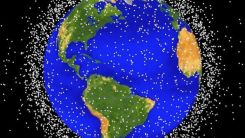
Mark B.


Treating Fish as a Public Health Asset, Not a Commodity, Is Key to Food Security
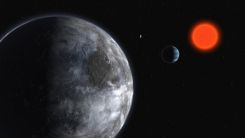
Other Stars Can Support Up To Seven Habitable Planets
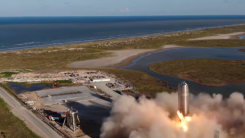
SpaceX Starship SN5 Completes Its 150m Hop

British CEO Richard Branson Is Set to Leave Earth in 2021

Health Central Offers Accessible Online Help for Depression
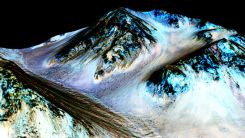
Ice Sheets Created Mars Valleys, Not Rivers
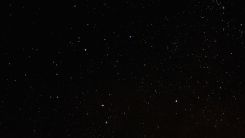
Study: Phoenix Stream Could Help Explain Milky Way Formation

Study Evaluates Coca-Cola's Attempts to Influence Public Opinion on Sugary Beverages and Obesity
5 Most Dangerous Plants in Existence

Callaway Unveils AI-Supported Golf Club Designs
China to Continue to Support BeiDou Satellite System's Cutting Edge Tech
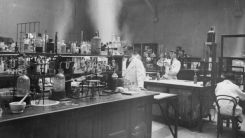
US Senate Passes Sustainable Chemistry Legislation
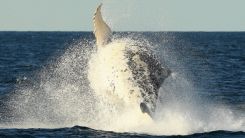
5 Strange Sounds No One Can Still Explain
An Unknown 15-Foot Creature Washed up on Merseyside, UK Beach
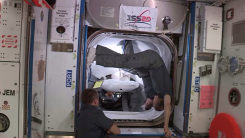
SpaceX Crew Dragon Undocks From the ISS
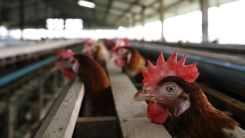
There Is a Bird Flu Outbreak at a Farm in Victoria State, Au

Florida Might Be The Next State To Harness Wind Energy
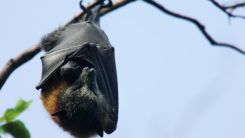
Scientists Trace Lineage of the COVID Virus in Bats

Microsoft Flight Simulator to Return After 13 Years
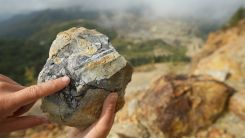
A New Breakthrough Makes Use of "Fool's Gold"

A New Study Finds Dangerous Levels of Mercury From Amazon Fish
4 Most Interesting Things Ever Found Across the Universe

Trained COVID-19 Sniffing Dogs Can Better Detect If You're Not Infected
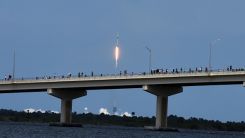
SpaceX, NASA On the Lookout Before Endeavor Splashdown
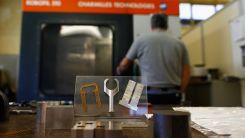
Quantum Negativity Could Improve Metrology Precision
New Study Traces the African Carder Bee in Western Australia
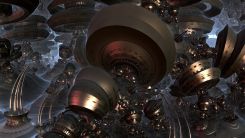
New Quantum Computer Application in Materials Science

US Crop Yield in Decline Due to the Lack of Pollinators
CERN Finds New Evidence of Ultrarare Process That Could Explain Dark Matter
Most Popular

Viruses vs Bacteria: Key Differences, How They Spread, and How We Treat Them

How Ice Cores Reveal Climate History: Insights from Paleoclimate Science and Ancient Data

Recycling Myths vs Facts: What Actually Gets Recycled and How to Do It Right

Science-Backed Longevity Supplements: The Best Anti-Aging Vitamins for Powerful Healthy Aging Support




